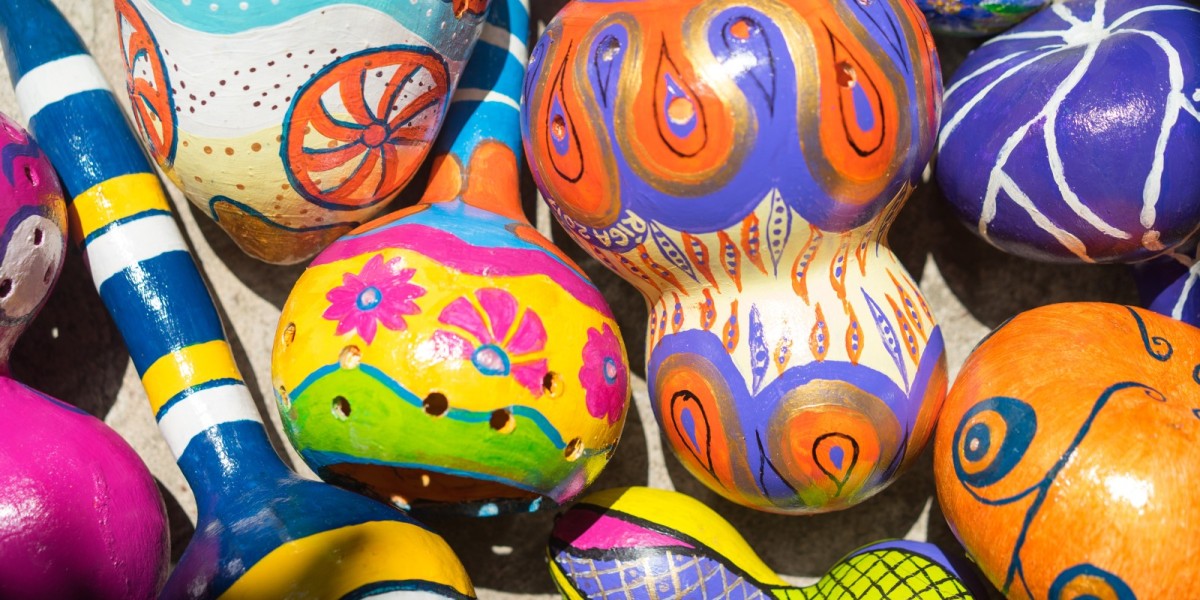Cultural Differences
| https://youtu.be/a7IJtcS9p4E |
Hi, this is Bill Chan again with The 5 Elements of a Fulfilling Life at 5Element5.com. Tonight I want to talk to you about cultural values.
America is a melting pot; we have people coming from all different countries, different ethnic backgrounds, and different cultural backgrounds, so for us to get along, we need to understand each other's cultures.
Now you might think that we're all human, right?
How different can we be? Yes, our fundamental values, like hunger and our need for shelter, may be very similar.
But our values, how we see life, and each other may differ depending on where we're from.
So let's take some examples; for instance, Americans are very individualistic, so they want to move out at 18, be on their own, and make it in this world by themselves, right?
Now as we get older we also don't want to depend on our children, we don't want to live with our extended family, sometimes our spouses pass away so we might be living all alone by ourselves, this may cause a lot of loneliness, right?
Because we don't live with our children or relatives, we might be thousands of miles away, but on our own, this is the American way, the independence of living by ourselves.
Yet Asians and Latino Americans are from a collective culture; collective culture means we like to be with extended families.
We want our cousins and relatives to come over whenever they want; we sometimes gossip about each other. However, we are a very tight-knit group.
Now children will stay with their parents until they get married; even after marriage, parents would move in with their children and take over some household chores like taking care of their grandchildren while their kids go out to work.
And as they get older, too, they get taken care of by their children, right?
So it's a very close relationship, yet there are a lot of arguments, there might be a lot of differences of opinion sometimes, however, no matter what, we are one family, okay, the whole idea is that we stay together, right?
So in Asian families, there's less that sense of loneliness as they get older, and also, they feel like there's value in what they do by taking care of their grandchildren instead of living alone.
The other idea in cultural values is about power distance; some cultures have high power distance, and cultures have low power distance.
Now high power distance is like the Asians, I'm the boss, or I'm the teacher, what I say go, it's more of a command it's almost like a military, you got to do what I tell you to do, parents have direct control of their kids, right?
Whereas low power distance, like the US culture, for instance, you can call your boss by their first name, and you can argue with them, you can express your opinion, you may not agree with your parents completely, but you get to express your views even little kids have their human rights.
In many Asian cultures, you don't get that because it's high power distance; whatever the boss says, you do.
The other idea is about uncertainty avoidance; now, some cultures like to have very stable environments; they don't welcome change, they don't like uncertainty because they have long histories, and they like to maintain that status quo as we pass on our traditions from one generation to another, there's a lot of history.
Whereas other cultures like the US, for instance, have a short history; they like turbulence and want to change.
Americans love to have that transition, so there's always change from one transformation today to another.
So Americans like to have all types of changes, whereas Asians, especially in Japan and China, like consistency.
They don't like the turbulence because they're also more cooperative, so relationships are built over time, and people would know each other for some time, even generations.
Those relationships don't come quickly, and everyone in that community cooperates; now, they might have arguments here and there like a family; however, when there is a perceived threat from the outside world, they will unite and combat the outside world.
On the other hand, when you look at a competitive society, a competitive culture like the US, we want to be number one; we're very individualistic, we want to win, and often it's not even the team winning; it's the individual.
We want to beat our competition and stand out, and these are very competitive societies now; these two cultural values may or may need to gel better.
Okay, because in Asia, you look at time orientation differently, l there's plenty of time. Time is infinite, and we have so much time to accomplish things.
For us to work together, we must know each other first, and all relationships take time to build up, so they trust you before we start doing business together.
Whereas in America, it's like, okay, tell me the terms. If I like it, let's do it; let's work on it.
Sorry if you don't come through; that's it. We're not going to cooperate anymore.
So everything's based on contracts, written terms, and agreements; we don't have to know each other; we abide by the warranty.
Both parties have to be tied down or locked into the contractual agreement.
Now also, there is a culture; of straightforward versus indirect.
Direct means I will tell you exactly what I think; indirect, they go around the bushes.
So my wife, for instance, she's from China, and I grew up here in America. When she wants something, she doesn't directly tell me, like she will say, I'm thirsty, for instance, and I was supposed to get the hint right away and say, okay, I'll get you a glass of water, instead of asking me "hey Bill would you get me a glass of water."
Now when we first got married, I didn't understand that, so I'll say, okay, so you're thirsty, go grab yourself a glass of water; that's not what she meant, "you have to go get me that glass of water," so there's a big misunderstanding right.
To get together really well, we need to understand how we communicate: direct or indirect.
Another thing I want to talk about is being versus doing; now, in many Asian countries, being is good enough, sitting around in the afternoon and sipping a cup of tea or coffee, just enjoying soaping in nature, right?
Being one with yourself, it's very productive; it's a convenient day, yet in America, everything is doing, doing, doing; we got to be doing something; if we sit around and our friend says what are you doing today, and we said well just sitting around nothing much and we feel guilty.
We have three jobs, and we're working like uh 24/7, and we're doing all types of multitasking, we're so busy then we feel good about ourselves, yet that's why there's so much stress in this country.
Now we're adapting to mindfulness meditation and might be mindful by living in the present.
These are ancient oriental or Asian concepts that are being brought into this country, and I think the reason why they are widely accepted is because of all the stress that we put ourselves into.
We must do this; because of that, we have so many psychological issues in this country. Of course, the world's getting closer because we accept some Asian concepts. Asian countries are also adapting a lot of American pictures as well.
After Western Colonialism, Hong Kong became one of the busiest cities you could be in, and everybody's on the run all the time they're doing doing doing.
Today there's a lot of stress; regardless of what big Asian cities you visit, they're all very stressful and workaholics.
So the concepts are being merged somewhat, yet we still have very distinct traditional cultures. To get along, we need to understand that not only from an individual but also from a global level.
Okay, so I hope you take the time to learn about each other's cultures. Then we all can get along much better, and the world could be a much more peaceful place to live in. Thank you!


